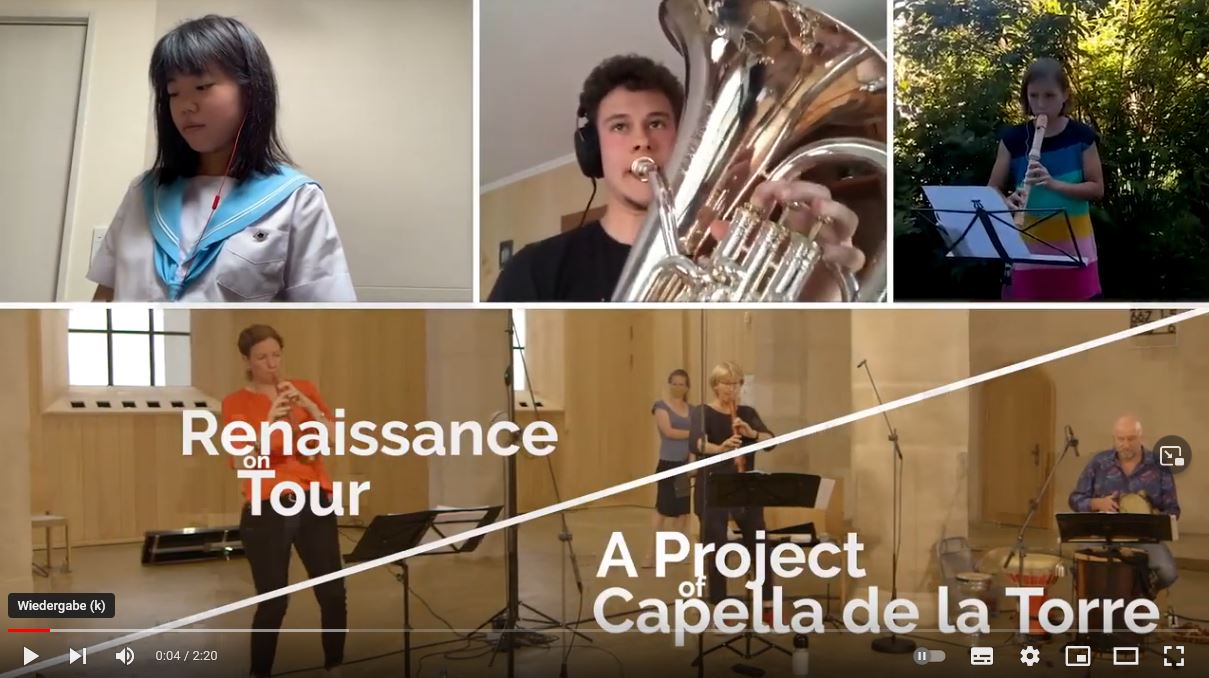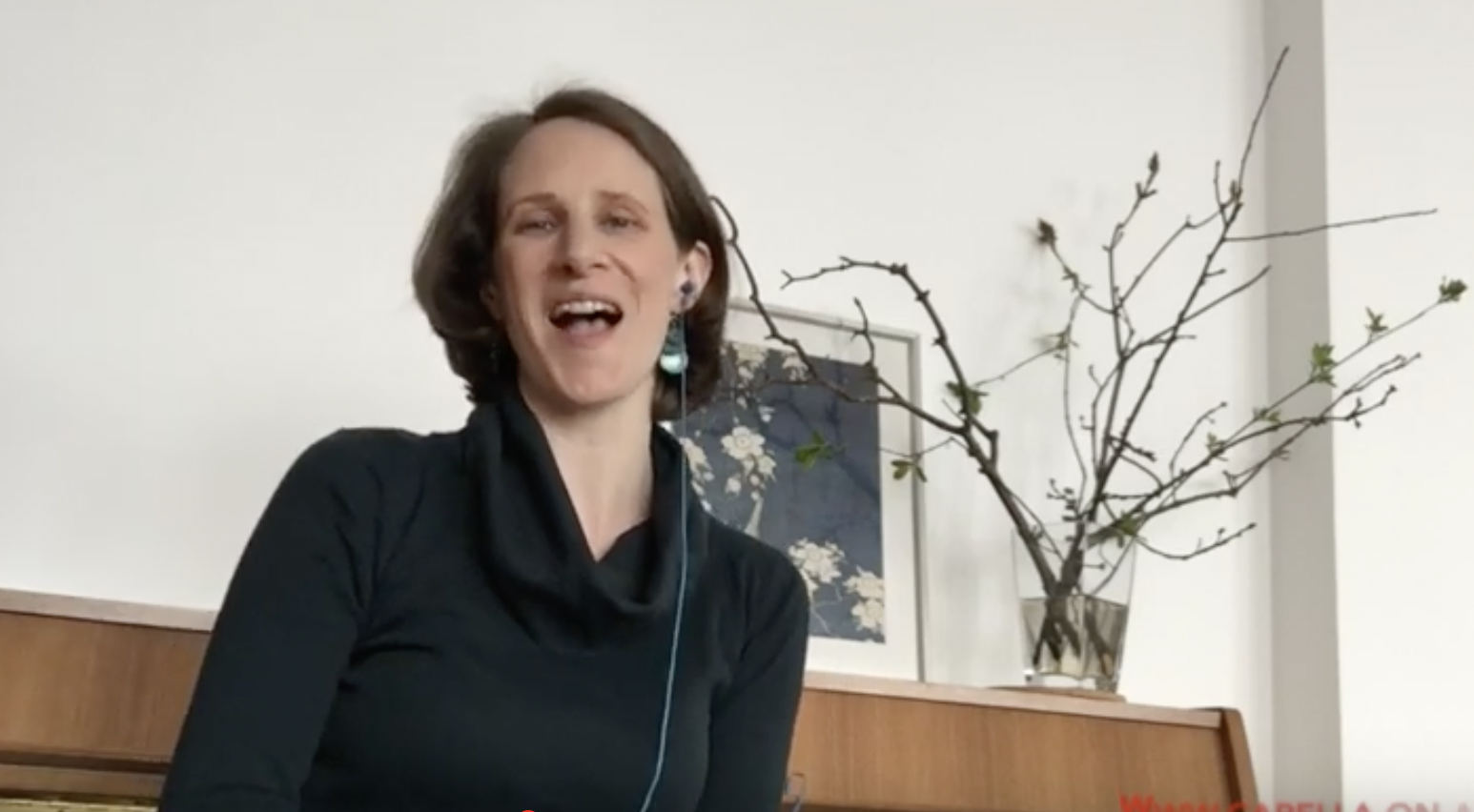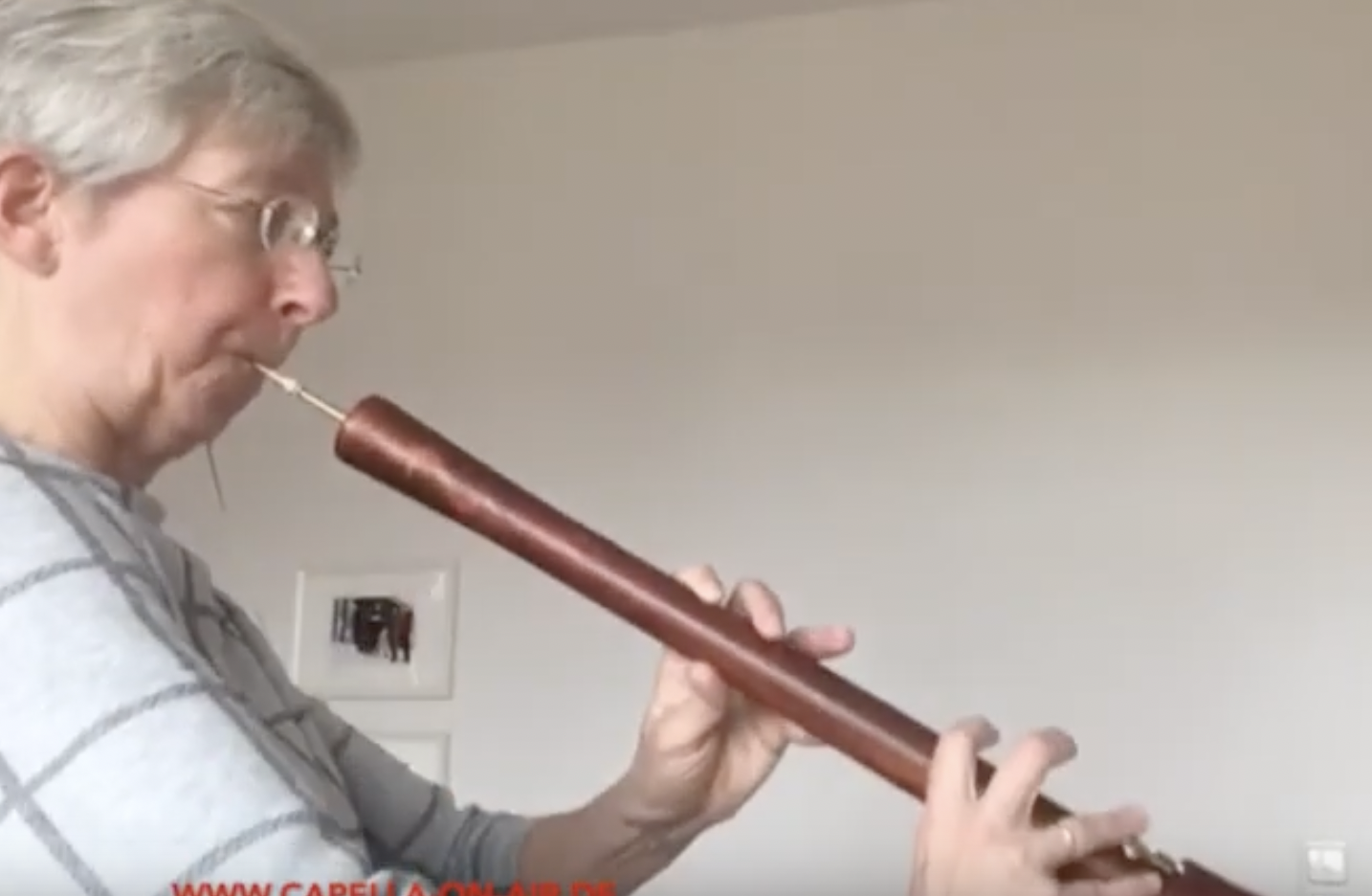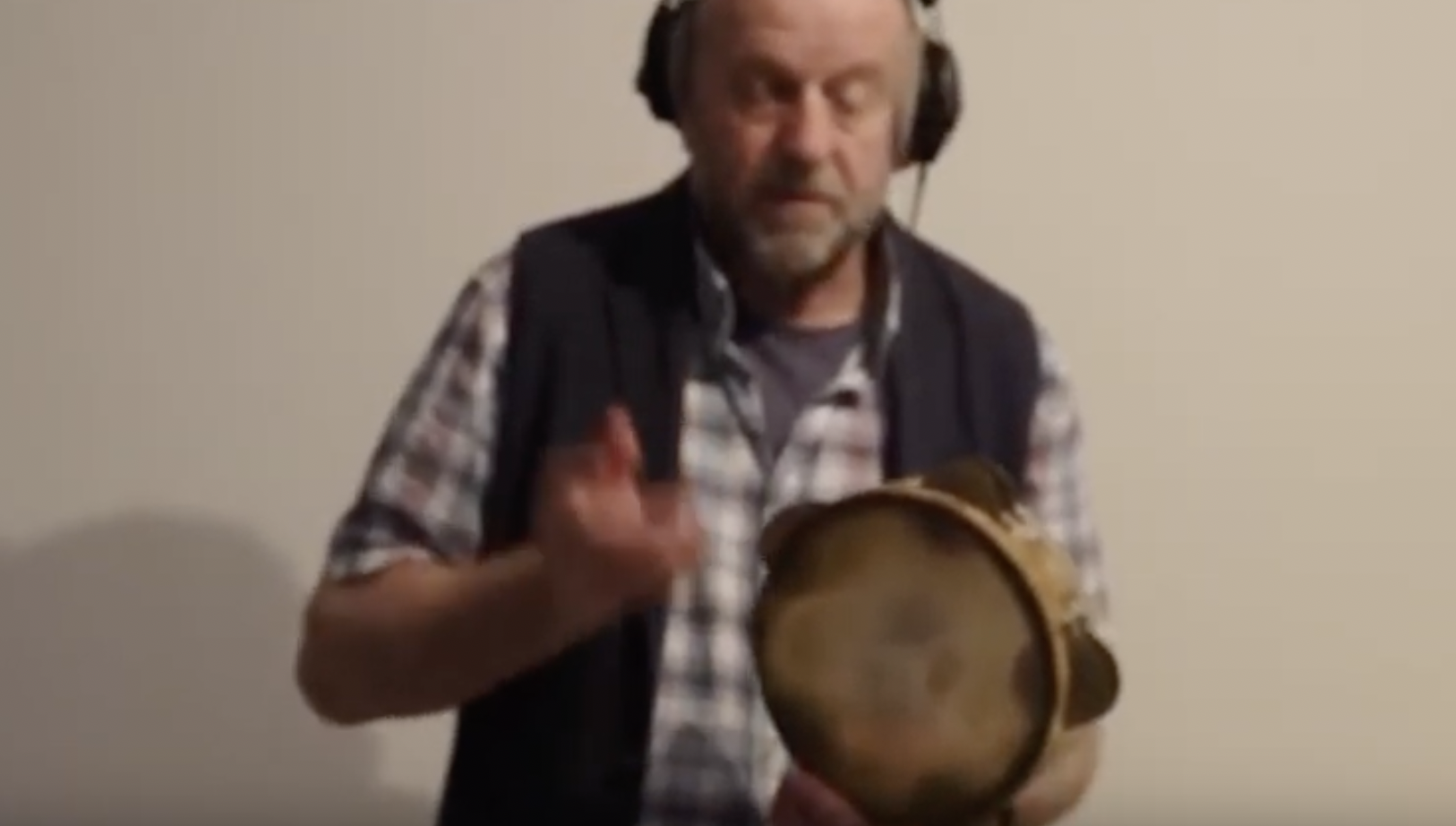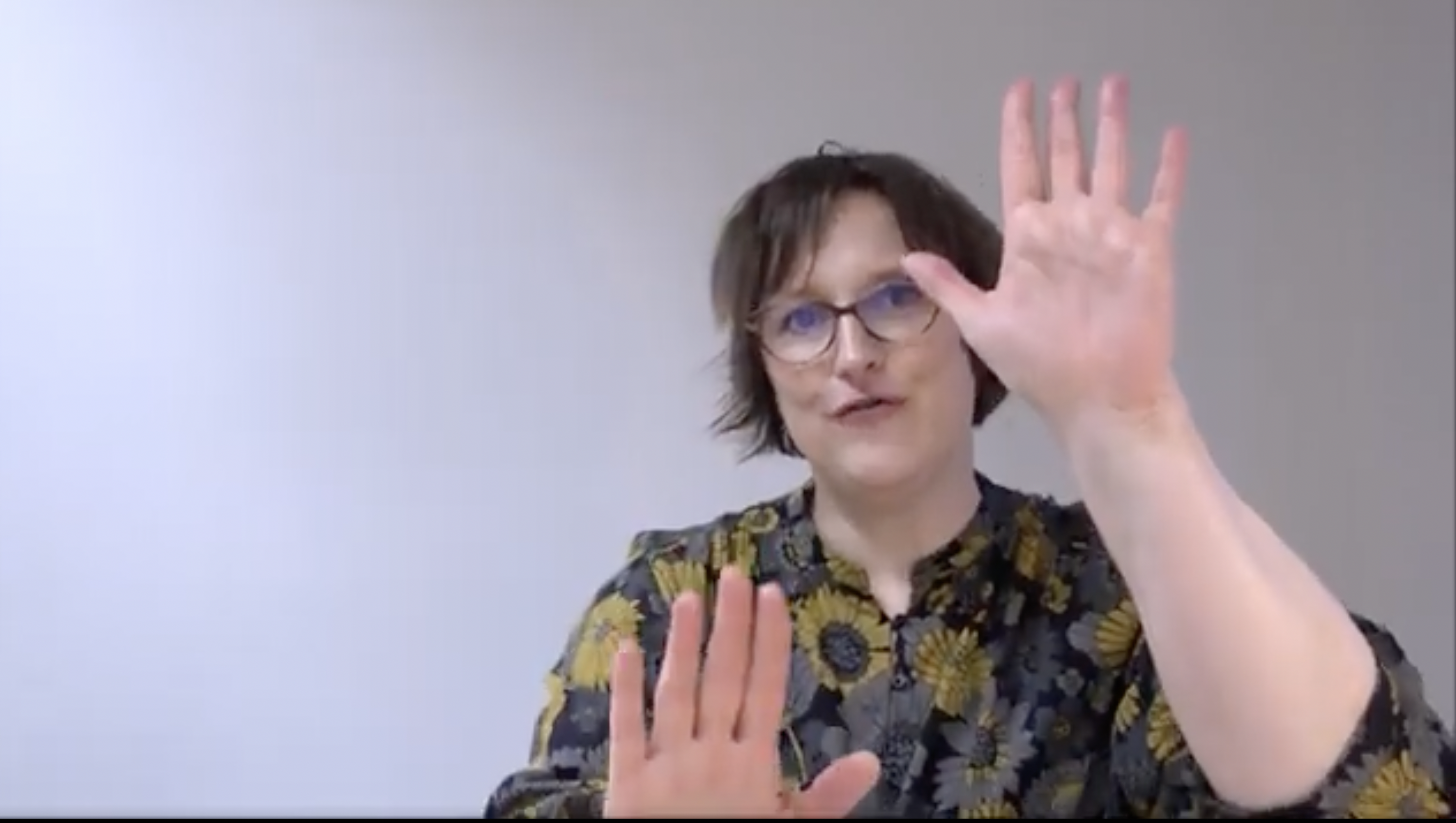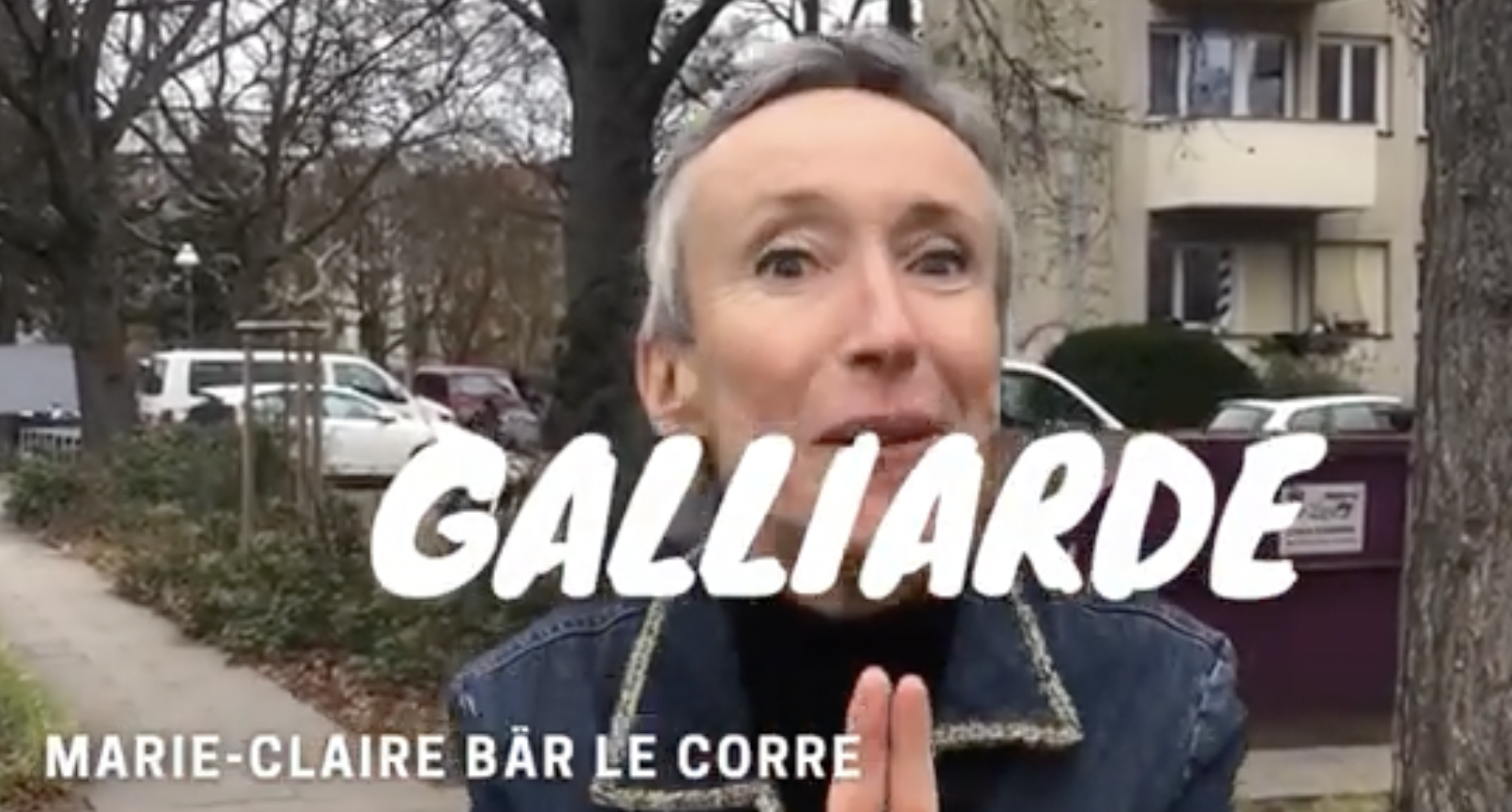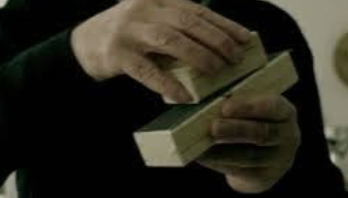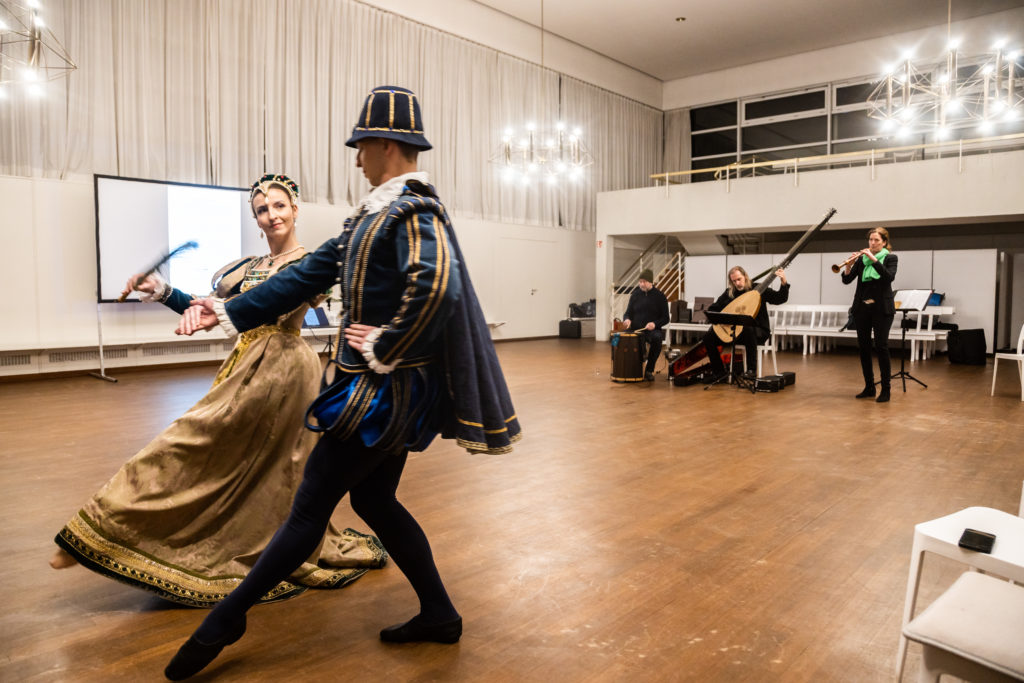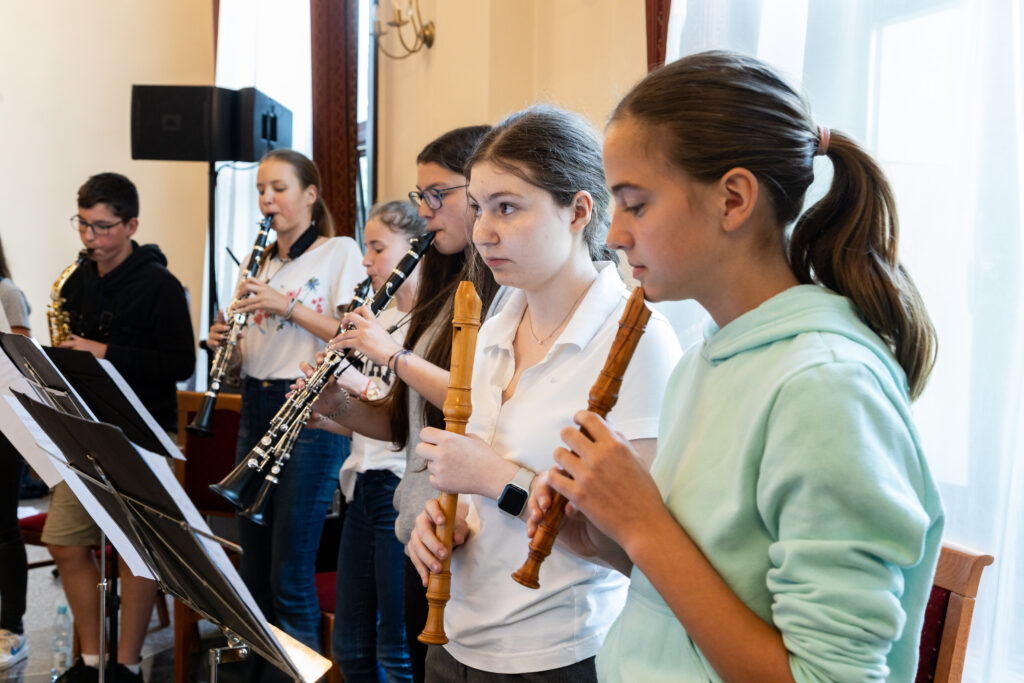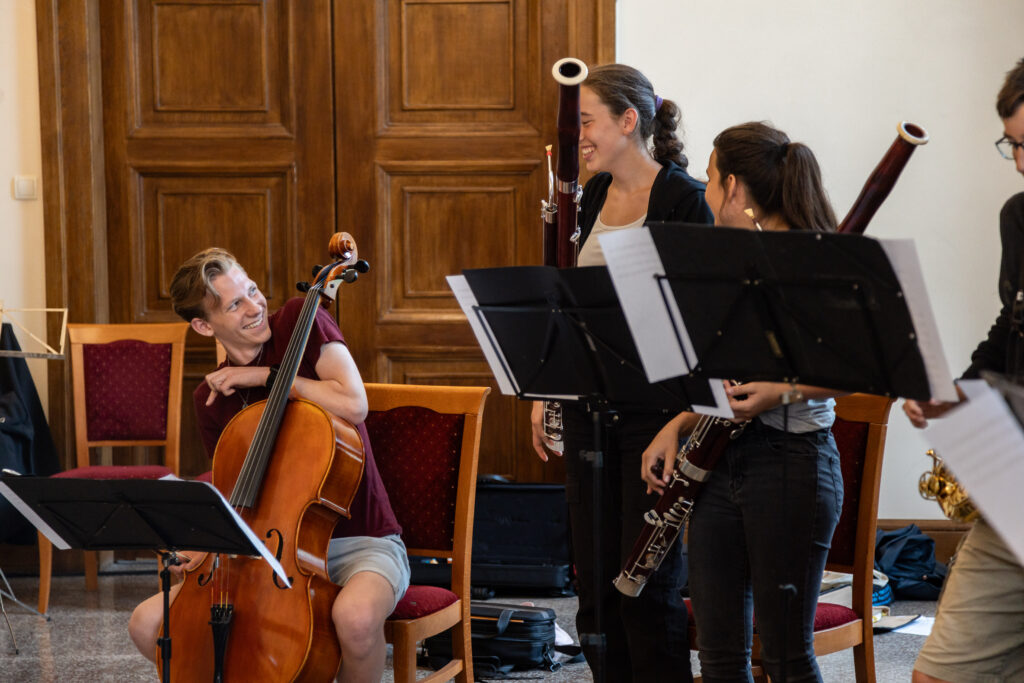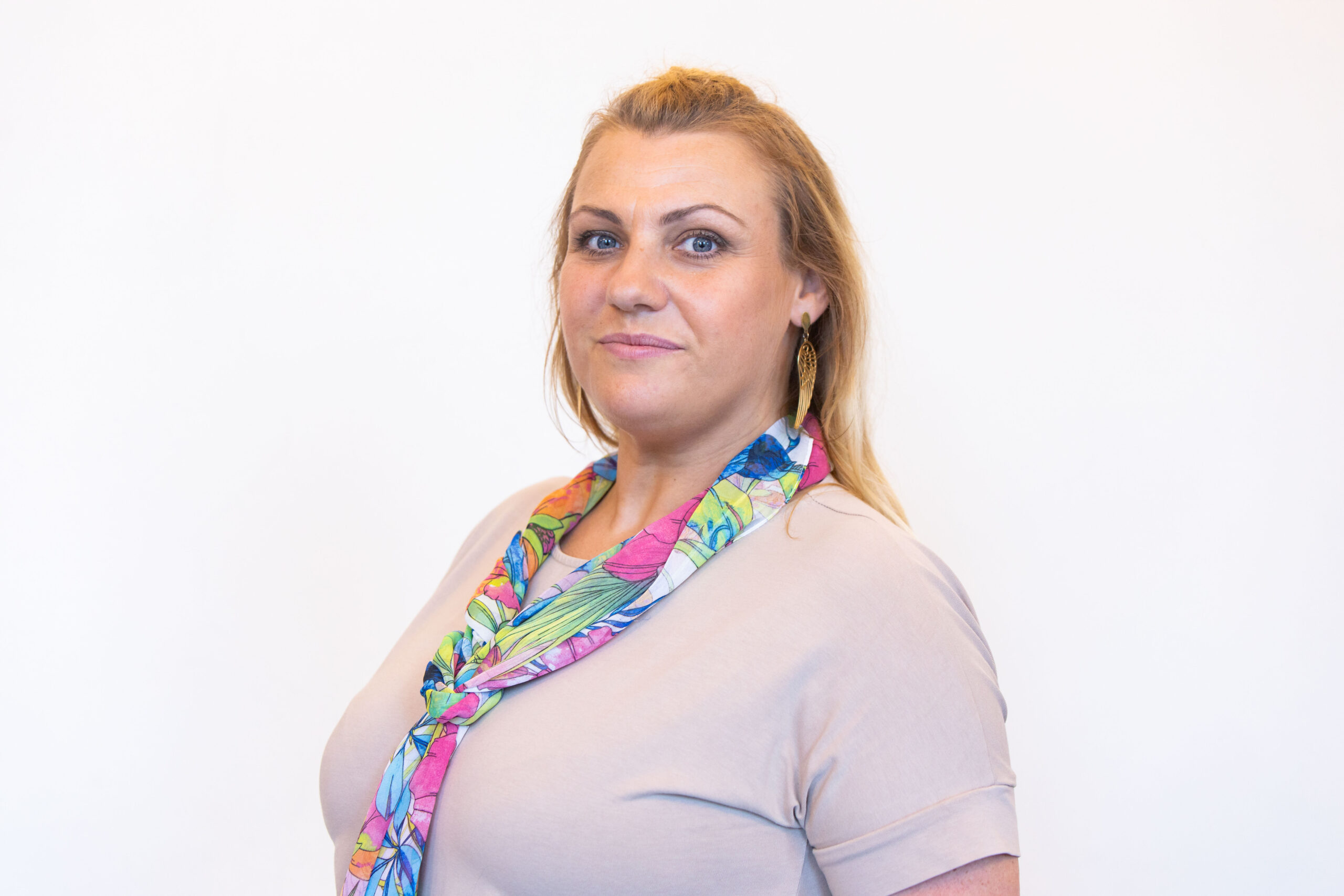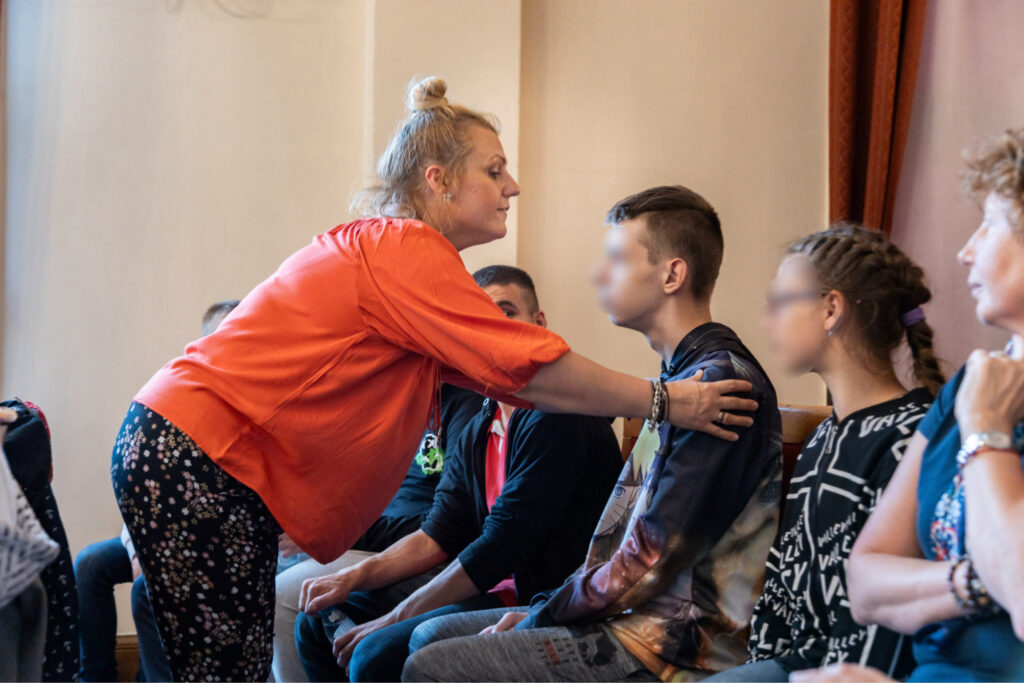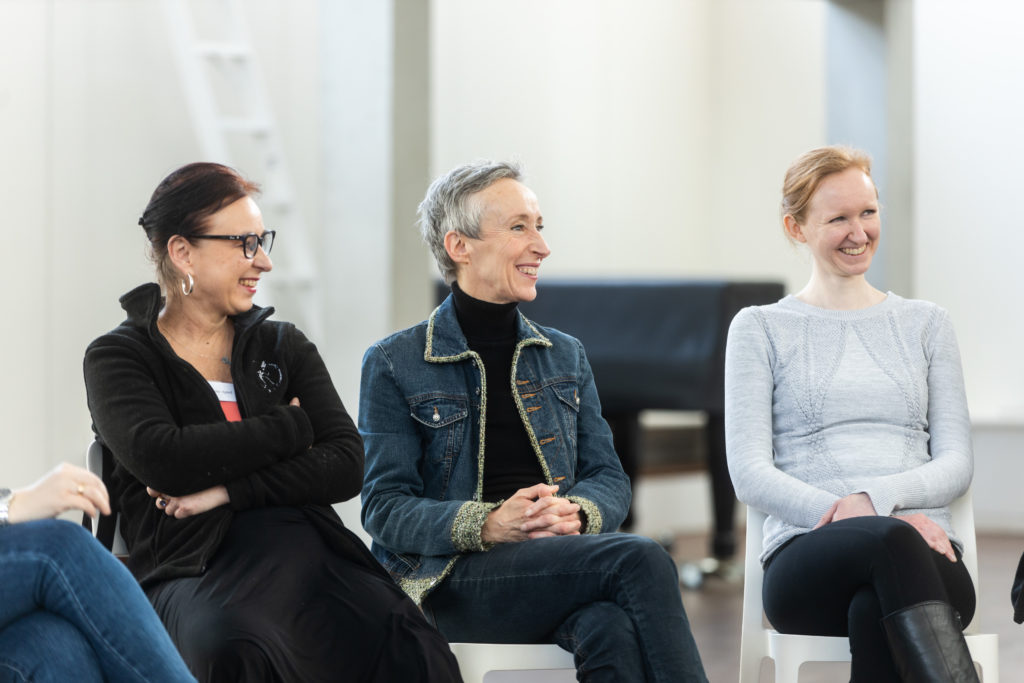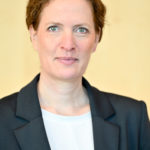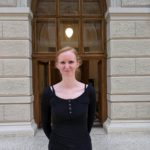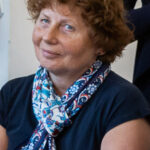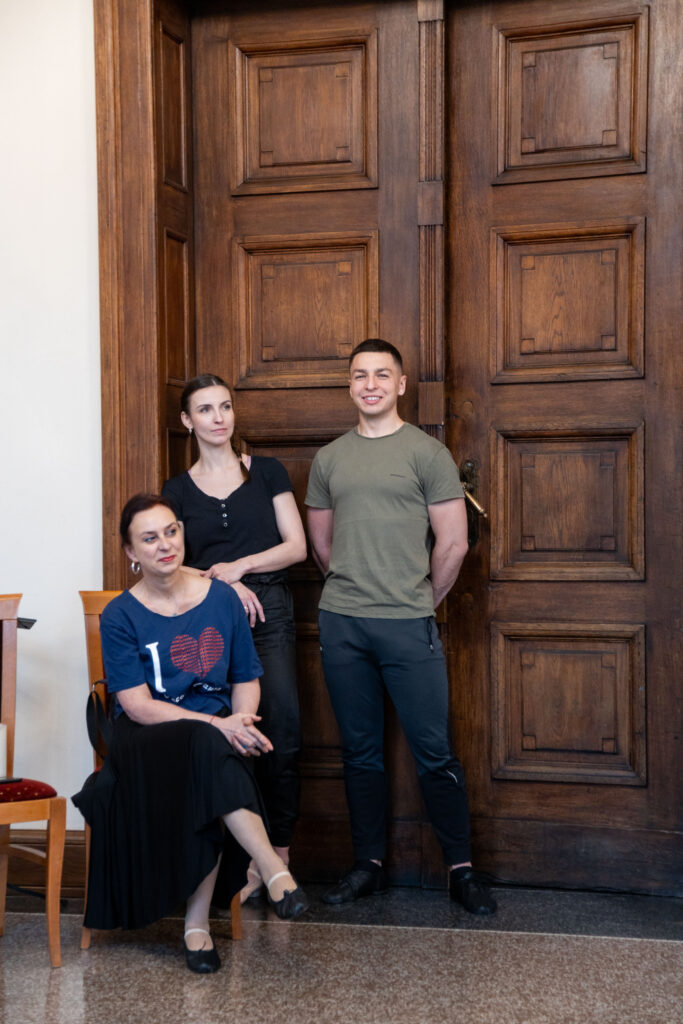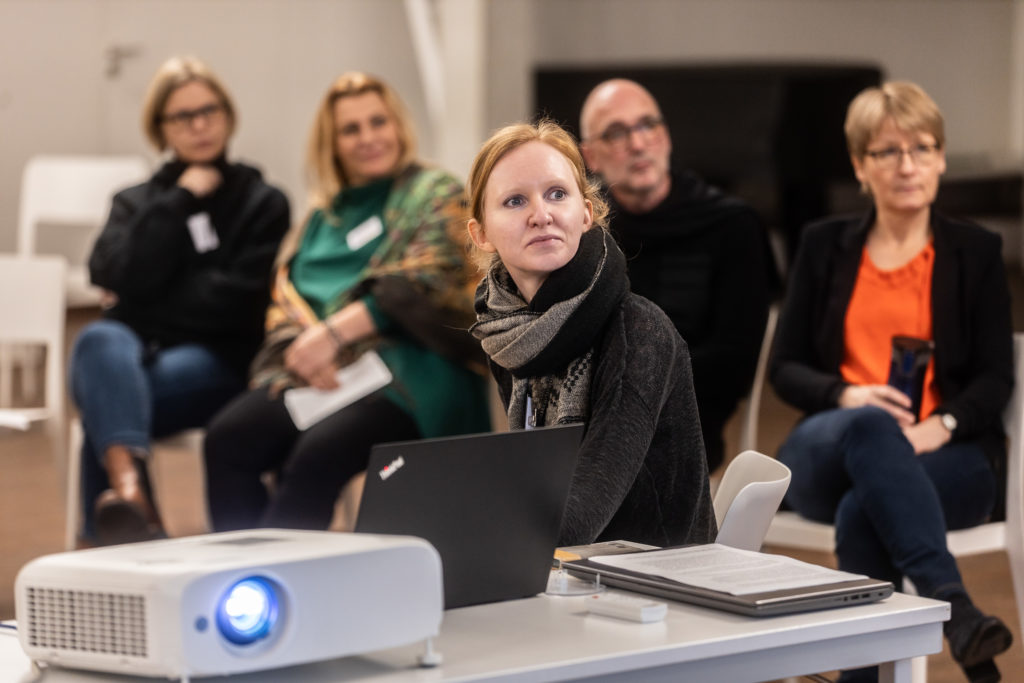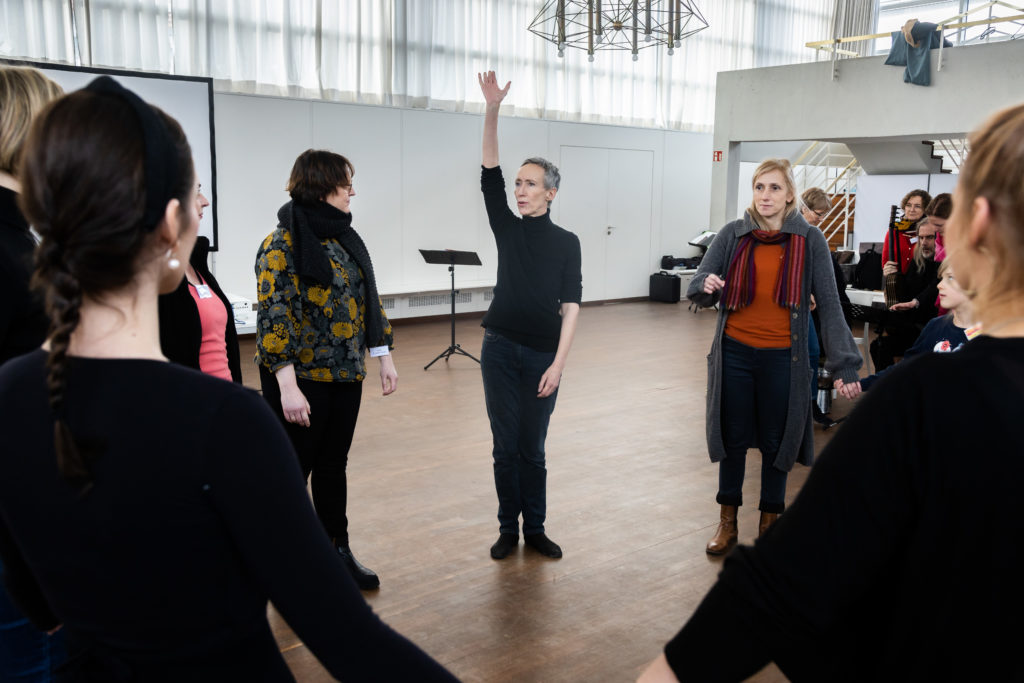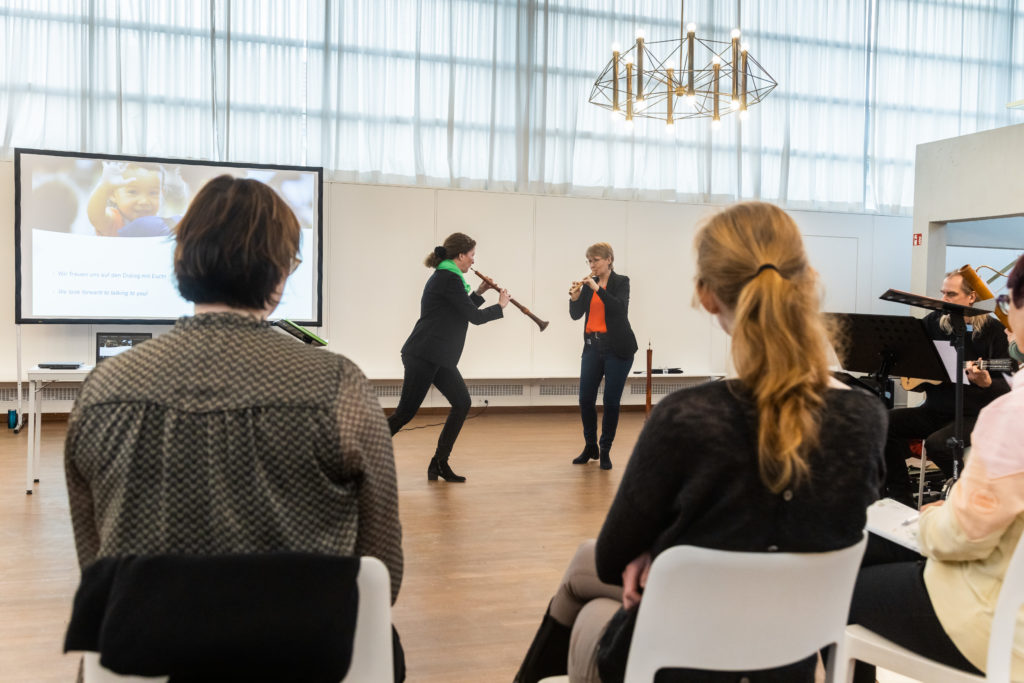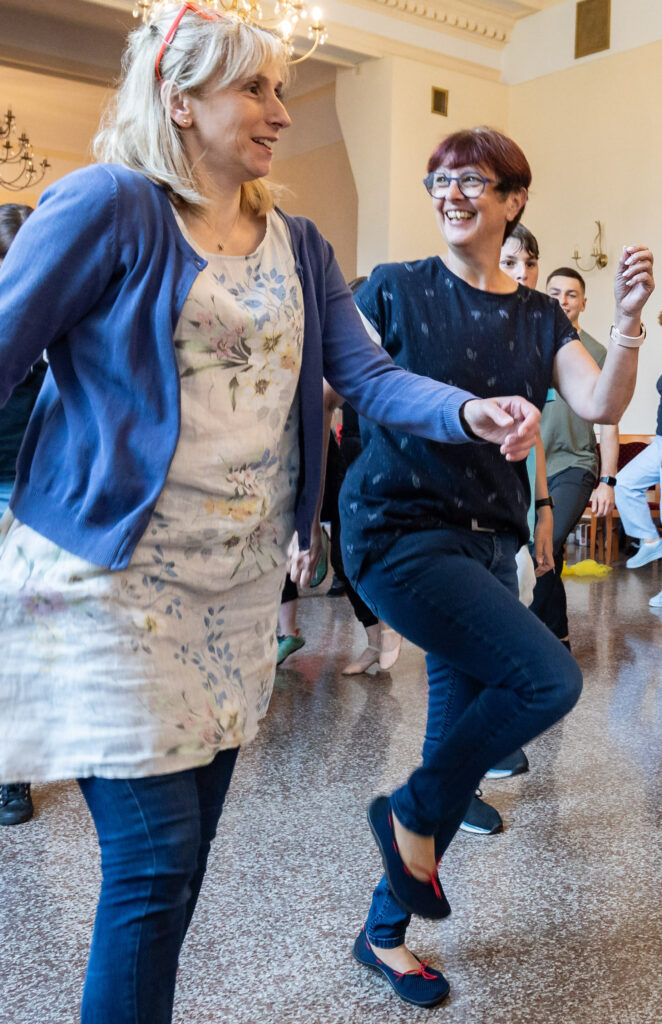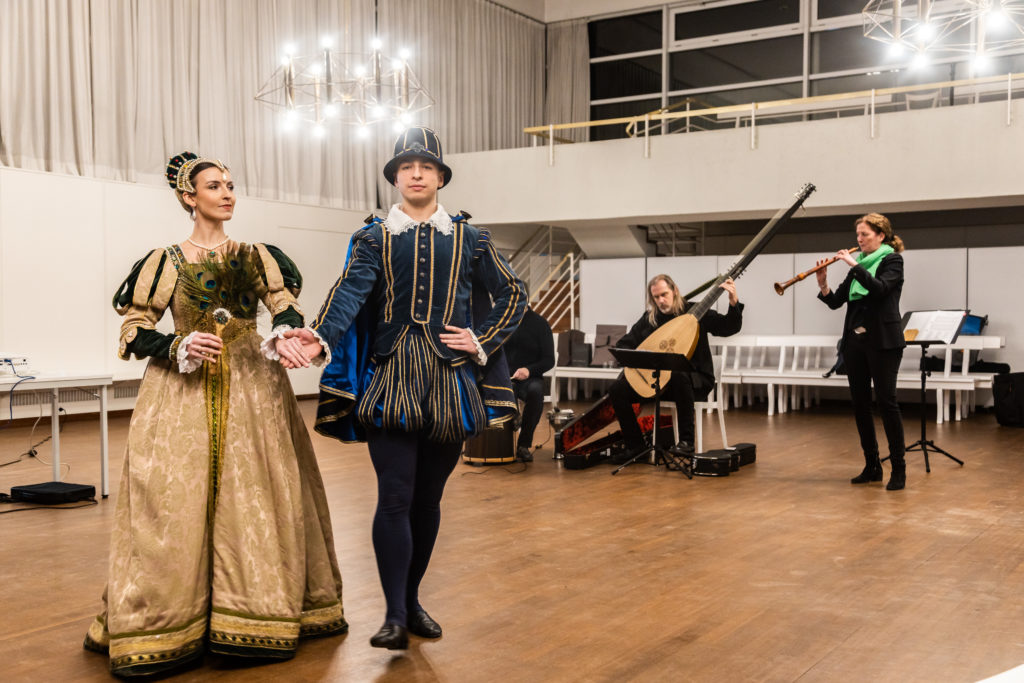Music Classes Online
Die Renaissance-Musik mit ihrer klaren Struktur eignet sich besonders gut für die Arbeit mit Schülern in den Förderschwerpunkten geistige Entwicklung sowie sozial-emotionale Entwicklung.
Renaissance music with its clear structure is particularly suitable for working with pupils with special needs in the areas of intellectual development and social-emotional development.
Ute Köhn / Friedrich-Ludwig-Jahn Schule Görlitz
Das Projekt MusiClon ist ein gemeinschaftliches Vorhaben von Profi-Musiker*innen, Lehrer*innen und Musikschullehrer*innen aus Polen und Deutschland, die überzeugt sind: Musikalität wohnt jedem inne!
Im Austausch miteinander haben wir einen digitalen Werkzeugkasten für einen schülergemäßen Musikunterricht in verschiedenen Lehr-Lern-Umgebungen entwickelt. Grundlage dieses digitalen Werkzeugkastens ist ein Methoden- und Materialpool, kostenfrei und online verfügbar in Form einer offenen und stetig wachsenden Datenbank.
Mit MusiClon wollen wir nicht nur ein sinnvolles und kreatives Hilfsmittel für einen partizipativeren und zugänglicheren Musikunterricht schaffen. Unser deutsch-polnisches Netzwerk möchte andere europäische Musiker*innen, Lehrende und Interessierte aus den Fachgebieten Musik, Sonderpädagogik und Musikpädagogik zum Austausch von Erfahrungen wie auch zum Mitmachen einladen. Aus einem stabilen transeuropäischen Netzwerk heraus könnten so nachhaltige Material- und Handlungsempfehlungen für einen neuen Umgang mit Musik im Unterricht entstehen.
MusiClon is a joint endeavour of professional musicians, teachers and music school teachers from Poland and Germany who are convinced that musicality is in everyone: Musicality is in everyone!
In dialogue with each other, we have developed a digital toolbox for student-appropriate music lessons in various teaching-learning environments. The basis of this digital toolbox is a pool of methods and materials, available free of charge and online in the form of an open and constantly growing database.
With MusiClon, we not only want to create a useful and creative tool for more participative and accessible music lessons. Our German-Polish network would like to invite other European musicians, teachers and interested parties from the fields of music, special needs education and music education to share their experiences and join in. In this way, a stable trans-European network could lead to sustainable material and action recommendations for a new approach to music in the classroom.

Renaissancemusik für ALLE
Egal, ob du ein Mensch mit oder ohne Behinderung bist
Egal, ob du ein Instrument spielst oder nicht
Egal, ob du Musik-Laie oder Profi bist
Egal, ob du Spezial-Pädagog*in bist oder nicht:
MusiClon stellt Euch eine Materialsammlung bereit, mit der ihr Renaissancemusik machen könnt.
Muzyka renesansu dla WSZYSTKICH
Nie ważne czy jesteś osobą z niepełnosprawnościami czy nie
Nie ważne czy grasz na instrumencie, czy nie
Nie ważne czy jesteś muzycznym amatorem czy profesjonalistą
Nie ważne czy jesteś pedagogiem specjalnym czy nie:
MusiClon udostępnia zbiór materiałów, z którymi można bez problemu zająć się muzyką czasu renesansu.
MusiClon – The Project
The idea behind the MusiClon project stems from the desire of the participants to give children and young people – regardless of their physical and mental abilities – a playful approach to the music of the Renaissance. With its catchy, often folksong-like melodies, harmonies based on ostinato models and dance-like rhythms, this music is particularly suitable for providing an attractive approach to classical music. In particular, the easy comprehensibility and the possibilities for improvisation open up a wide range of opportunities for musical activity.
In view of the still strongly receptive curricular guidelines for music lessons in schools, this seems to be a unique opportunity to offer activating and participatory lessons that are designed for life-long learning.
MuisClon attempts to close a gap here by offering practical working materials and a wide-ranging repertoire of methods on a multilingual and freely accessible database. In addition to tried-and-tested teaching concepts, it contains sheet music for various instruments and audio and video material to support the learning process. This provides teachers and professional musicians who are not trained in music education with a basis for stimulating and varied lessons.
Goals
The project essentially pursues two goals:
- the creation of a pool of materials and methods on a digital platform,
- the establishment of a professional network for teaching Renaissance music.
Sprache/ Language/ Język
MusiClon was held in Germany and Poland, apart from these two languages we used English and French. To keep the amount of data clear, we will provide materials on this page basically in English. German and Polish texts are also available – if you would like more information, please do not hesitate to contact us.
Materialien/ Materials
Unterrichtskonzepte/ Teaching Concepts

Testruns im Unterricht und Best Practice/ Test runs in Class and Best Practice
Ein Highlight war, dass die Schüler zur Projektpräsentation die Musiker und Instrumente live erleben konnten. Darauf hatten sie sich während der gesamten Projektzeit am meisten gefreut.
One highlight was that the pupils were able to experience the musicians and instruments live at the project presentation. This was what they had been looking forward to the most during the entire project.
Maria Skiba / Friedrich-Ludwig-Jahn Schule Görlitz
Man kann mit Allen Renaissancemusik machen und tanzen. Solch ein Projekt motiviert Schüler und Schülerinnen ungemein!
You can make Renaissance music and dance with everyone. A project like this motivates the students immensely!
Andrea Meiniger/ Musikschule Nördlicher Breisgau
Pokazanie jak muzyka może wpłynąć na większą pewność siebie.”
Showing how music can influence greater confidence.
Urszula Sawicka, Małgorzata Łasek- Dowiat, Magdalena Pistiolis/ Specjalny Ośrodek Szkolno-Wychowawczy im. Marii Grzegorzewskiej
Personen/ People
Initiatoren des Projektes sind das international bekannte Renaissancemusik-Ensemble Capella de la Torre aus Berlin und das Maria-Gzegorzewska-Sonderschul- und -Bildungszentrum in Zgorzelec. Weitere Partner*nnen sind die Friedrich-Ludwig-Jahn-Schule mit dem Förderschwerpunkt geistige Entwicklung in Görlitz, die Musikschule Nördlicher Breisgau und das Ballett-Ensemble Cracovia Danza aus Krakau.
Impressionen/ Impressions
Hier geht es zum Internen Bereich >>
Diese Seiten sind für angemeldete Teilnehmer*innen – bitte loggt Euch zum Weiterlesen ein.
Aus datenschutzrechtlichen Gründen können wir große Teile der Projekt-Dokumentation und unverpixelte Bilder der Teilnehmenden nur im internen Bereich zeigen.
For data protection reasons, we can only show large parts of the project documentation and unpixelated pictures of the participants in the internal area.
Das Projekt wird gefördert durch das EU-Programm Erasmus+ und ist Teil der Aktion “Kleinere Partnerschaften”.









